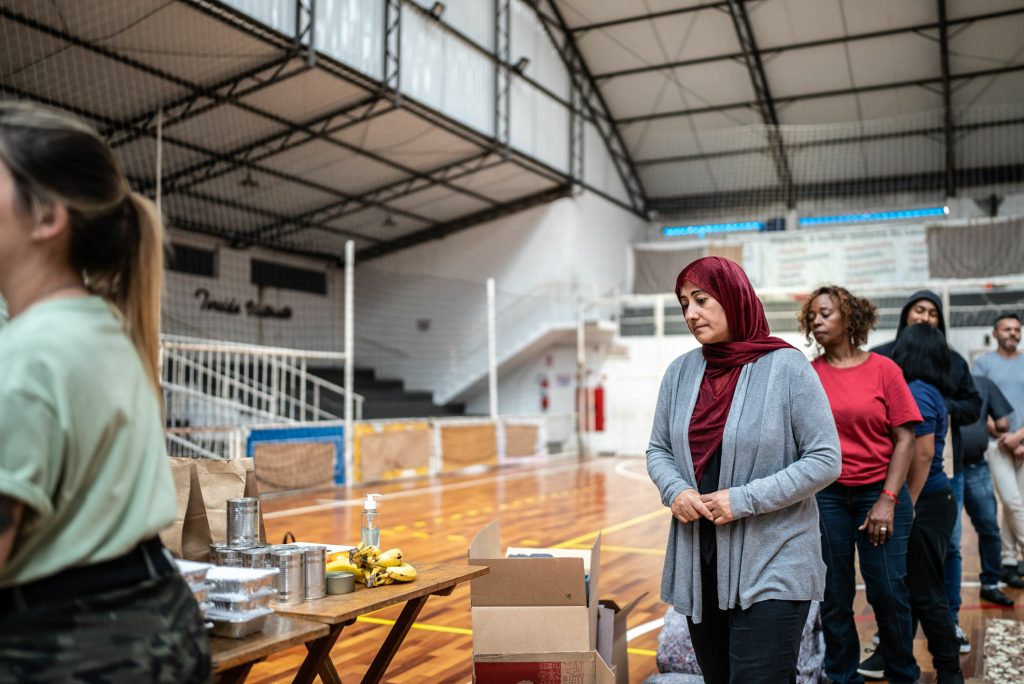
PRESS RELEASE – November 08, 2023
Rising Food Insecurity in Chicago: A Community’s Response to the Growing Hunger Crisis
As the holiday season approaches, traditionally a time of abundance and feasting, a starkly different reality confronts many Chicagoans. The Greater Chicago Food Depository reports that one in five households in the area is grappling with food insecurity, mirroring a distressing national trend where 17 million households experienced food insecurity at some point in 2022. This increase in hunger challenges is attributed to the lingering impacts of the pandemic, inflation, and job losses, according to Jill Rahman, chief operating officer of the Greater Chicago Food Depository.
In response to this growing crisis, community initiatives like the Woodlawn Community Food Pantry have stepped up their efforts. The pantry now opens an extra day per week to meet the increasing demand. Reginald Guy, director of the pantry’s Senior Commodity Box Program, notes the difficult choices people face between buying food or paying for housing and medical services. The pantry has also seen a demographic shift, serving more younger people and migrants than before.
In West Garfield Park, Angela Taylor, wellness coordinator for the Garfield Park Community Council, has been proactive in addressing food access issues. A grocery store pop-up has been opened to ensure residents have access to food items ahead of the holidays and during the planned closure of a local grocery store. Additionally, Taylor’s group has hosted a neighborhood farmer’s market for 11 years, educating the community about healthy food sources.
The Census Bureau’s recent Poverty Report showed that poverty rose to 12.4% in 2022, more than double from 2021. Audra Wilson, president and CEO of the Shriver Center on Poverty Law and a member of the Illinois Commission to End Hunger, emphasizes that food insecurity and poverty are closely linked. She points out that many families in the U.S. struggle to afford groceries, skip meals, and lack access to quality food.
Advocates have expressed concern over the rollback of pandemic-era public assistance programs, such as the Child Tax Credit and Emergency SNAP benefits. These changes have had a direct impact on families who relied on this assistance. Wilson notes an immediate uptick in the number of people visiting pantries following the discontinuation of emergency SNAP benefits for Illinois residents.
The rising food insecurity in Chicago and across the nation highlights a critical issue that requires immediate attention and action. Community initiatives and responses play a vital role in addressing this challenge, but there is also a need for sustained policy support to ensure that every family has access to sufficient, nutritious food. As the holiday season nears, the contrast between the season’s traditional abundance and the reality of hunger faced by many underscores the urgency of this crisis.